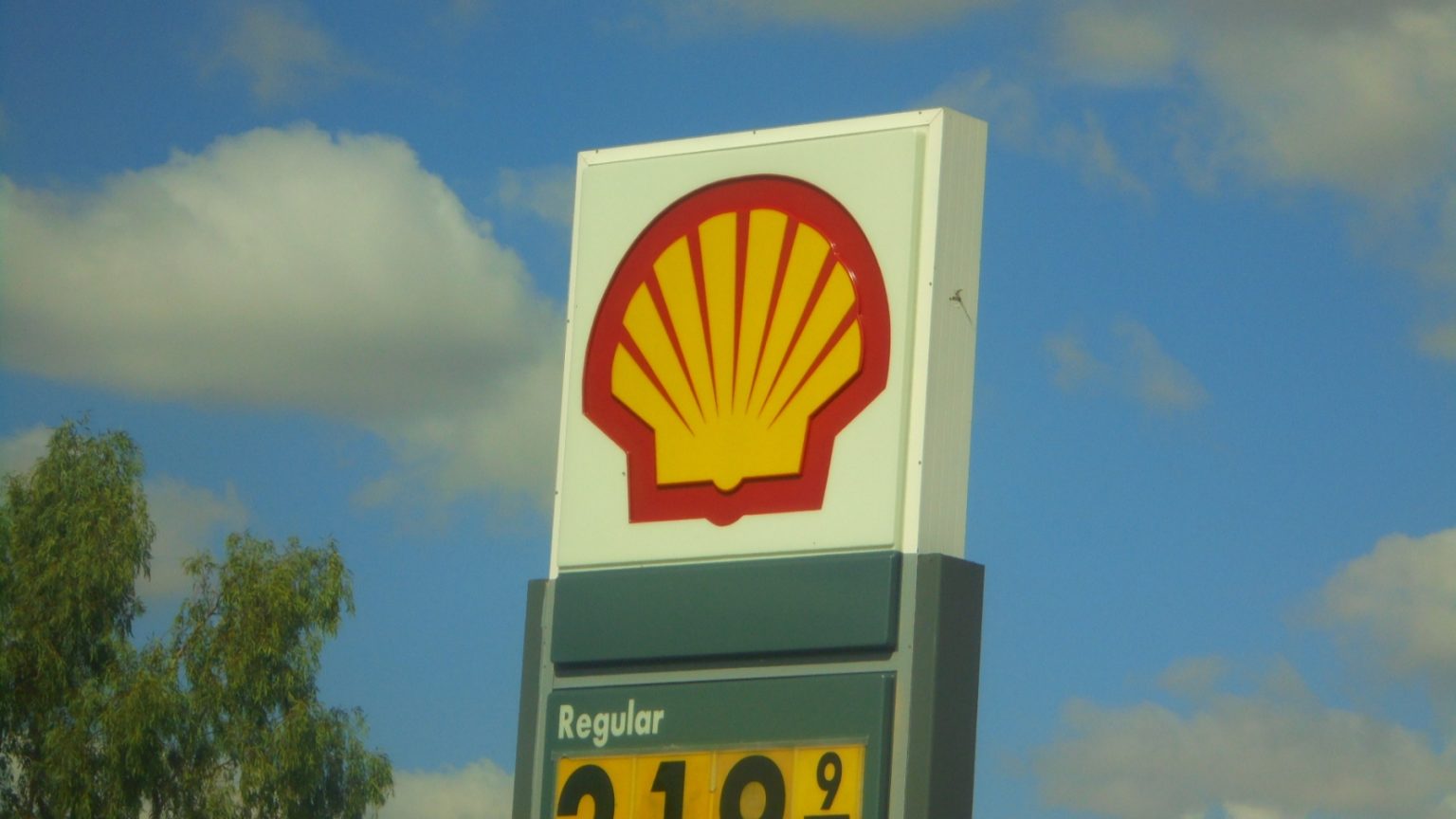A leaked marketing strategy document prepared by oil behemoth Shell and revealed by EnergyDesk shows that Shell hopes to build brand loyalty, especially amongst young people, by repositioning itself as a leader in building a carbon neutral economy — even while the company plans to do nothing to actually rein in emissions from its operations or its product.
The document was intended as a briefing for public relations firms applying to handle an “Energy Transitions” marketing campaign centered around a net-zero emissions narrative for Shell.
According to the document, “Ultimately, the content shouldn’t focus on the challenges of today, but the solutions of tomorrow — showing that net-zero is possible but a ‘patchwork of solutions’ are required across different sectors;
- Buildings & Lifestyle
- Tranport
- Power
- Industry”
There is no specific mention of how fossil fuel industry business models will have to evolve to achieve a carbon neutral future, though the document states “It can be driven by carbon pricing” and repeatedly emphasizes carbon capture and sequestration as a key technology for transforming transport, power and industry.
In fact, the whole PR campaign appears to be designed to de-emphasize the enormous role reducing the use of fossil fuels must play in solving the climate crisis: “Reinforce the notion that it’s going to require a holistic (i.e [sic] economic, societal, political, technical) transformation — if society only focuses on energy we’ll miss the mark.”
While that statement isn’t incorrect, per se, there’s a good reason why Shell is trying to deflect attention away from its own business model. In a report Shell released earlier this year entitled A Better Life with a Healthy Planet: Pathways to Net-Zero Emissions, which heavily informs the marketing strategy laid out in the leaked document, the company admits that,
“While we seek to enhance our operations’ average energy intensity through both the development of new projects and divestments, we have no immediate plans to move to a net-zero emissions portfolio over our investment horizon of 10–20 years.” [emphasis added]
In other words, the company has come up with a PR strategy to “Build Shell’s reputation as an innovative, competitive and forward-thinking energy company of the future” even while it has no plans to actually achieve carbon neutrality itself — despite the fact that net-zero emissions is the centerpiece of the vision for the future Shell wants people to believe it’s helping to create.
1984, anyone?
The most important audience for the communications strategy, according to the document, is “Members of the general public who are interested in energy and the environment — including younger, Energy Engaged Millennials (EEMs) — who might be key customers, partners and policymakers of today, as well as in the future.”
In elaborating upon who exactly EEMs are, the document states, “They are more open-minded (in general and with respect to Shell) than older generations so engaging with them appropriately at this point to develop brand loyalty [sic]. Their social connectivity suggests they can potential [sic] influence others and have direct and significant impact on Shell’s business.”
Though the marketing campaign is meant to be global, Canada, the Netherlands, the UK and the US are the primary target markets. Secondary target markets include Germany, India, Oman, the Philippines, Singapore and South Africa.
Shell also hopes to influence what it calls “Shell special publics,” which include “thought-leaders within business/government who have a good understanding of the industry,” as well as academics, policy-based organizations and government officials in energy and climate departments “in key countries.”
But ultimately, of course, Shell’s primary interest is always its bottom line, as the company expects the PR push to “Help ‘open doors’ in building relationships with key stakeholders in support of business objectives,” per the document.
“Shell’s whole PR strategy is sleight of hand performed by an incumbent oil giant that really doesn’t want you to pay attention to its ongoing and significant contribution to climate change,” Greenpeace’s Georgie Johnson wrote on Energydesk. “Or to the hundreds of oil spills a year it’s responsible for in the Niger Delta. Or to its recent attempts to abandon oil and gas platforms as large as the Empire State Building in the North Sea. Or its sustained lobbying efforts against electric cars. For example.
“It especially doesn’t want you to think that the way to tackle climate change is something as commercially catastrophic for Shell as leaving the oil in the ground.”
Image Credit: AntonioMartin / Wikimedia Commons
Subscribe to our newsletter
Stay up to date with DeSmog news and alerts







